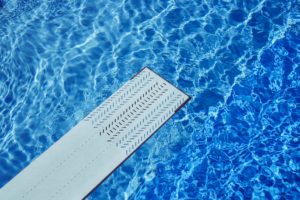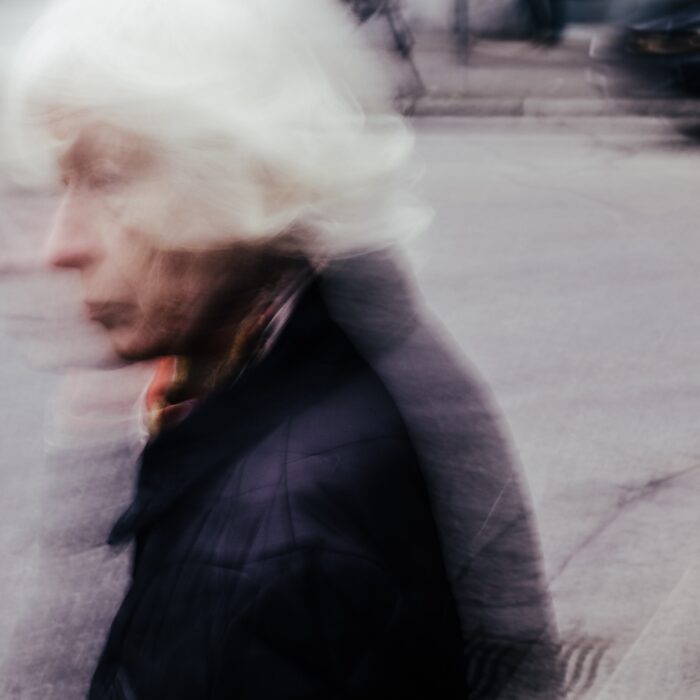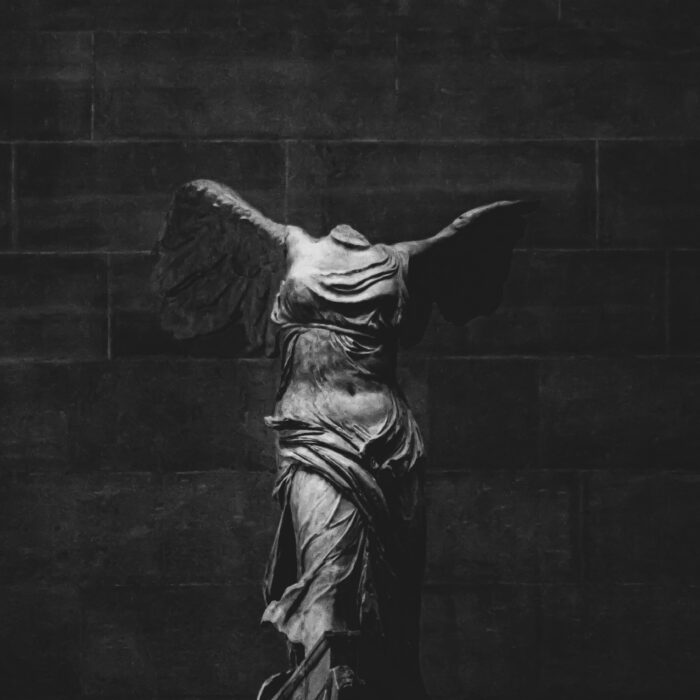You have no items in your cart. Want to get some nice things?
Go shopping
In this short piece, Brazilian novelist and short-story writer, Carol Bensimon, posits the life of a pool man after the virus has wrecked the tourism industry and the rich have retreated into larger and larger houses that contain inside them all the entertainment that they could possibly need.
Translated from the Brazilian by Zoe Perry and Julia Sanches.
Back when all the hotels were open, Edgar worked as a pool cleaner. He’d go from place to place in his teal VW bus: Recanto das Hortênsias, Pousada das Montanhas, Hotel Serrano, Pousada Edelweiss. The most beautiful things he’d ever heard while cleaning pools had come from the mouths of children: was it his job to save insects — an ant lifeguard! — was he gathering dry leaves for his collection, wasn’t he too old to be playing with a butterfly net?
The virus shut down the hotels. Their managers sent Edgar voice messages saying they wouldn’t be needing his services for the next few weeks, always ending on a positive note. But he wasn’t so optimistic, or stupid. He spent three nights driving around. He had a clear picture of the ruin around him. He’d known the place before the chocolate factory theme park, before the chairlift, before the festivals. He could picture the darkness. He could hear the crickets and see the vines slowly creeping up the concrete columns. He pictured the abandoned casino, except multiplied by a thousand, two thousand. How many times had he slept in those half-finished rooms when he was young? All he needed was a bottle of Velho Barreiro and a blanket. Edgar never found it difficult to imagine failure.
Tourism was the first thing to seem superfluous as the new world took shape. Hotels reopened like hostages trying to put on a smile at the first rays of sunlight; gold balloons at the door, loud music, clowns on stilts, a forced cheer to try to mask the trauma. Only everyone was broke. What’s more, people were now aware of what had previously been invisible; even if they did happen to find themselves in a hotel room, satisfying the old desire for faraway places and a break in routine which, thankfully, could be paid in six easy installments, it was as if they could now see the ghosts of everyone who had been there before them. A crowded room. A museum of saliva, fingerprints, dead cells. How many other guests had touched those same buttons on the remote control?
The pools never reopened. The managers posted “temporarily out-of-order” signs. “For your health and safety” signs. Edgar covered up twelve pools in a single day. At the edge of the last one, he left a bee drying in the sun, its wings still stuck to its fragile body, its striped abdomen pulsing. He got in the van with everything he owned and went down the mountain towards the capital.
He worked at the houses near the big lake now. He wore a mask and gloves. Everyone kept their distance. They’d open the automatic gate and not even come to the backyard to see if he needed anything or check on what he was doing. A glass of water was too much to ask. Rich people still had the privilege of fear and wanted all their leisure confined to their houses. Some of the buildings were decades old, which you could tell by their size. It was as though dreams used to have more room to grow.
In any case, as he sprinkled powdered chlorine into pools or installed solar-powered heaters on the roofs of houses, Edgar found it easy to imagine the neglect and emptiness around him, because eventually all those desperate people out there were going to knock down the gates, break the windows, and steal everything they really needed and everything they thought they needed, just as was happening in places called Quito, La Paz, Buenos Aires, Los Angeles. What impressed him most of all were the scenes on television of people looting a shop that sold — it sounded like a joke — televisions! He also saw houses on fire in places whose names escaped him, and people rolling out carts heavy with freshly laundered clothes that didn’t belong to them. Aside from those news segments, which were always accompanied by the sounds of sirens and of things exploding — he could still hear birdsong where he was — there was also news about a second wave of the virus, a third wave, a fourth wave. About one thing, he felt sure: tiled pools would make more beautiful ruins than ones made of fiberglass.
Sometimes a girl or boy would appear behind a barred window so unexpectedly it made him shudder. The bleakest things Edgar had ever heard while cleaning pools had come from the mouths of children: could the powder in his bucket kill the virus, would the inflatable dragon be all right after Edgar touched it, could he tell them what life was like out there?

Carol Bensimon
Carol Bensimon was born in the southern Brazilian city of Porto Alegre, in 1982. She is the author of the story collection Pó de parede and three novels, Sinuca embaixo d’água, Todos nós adorávamos caubóis, and Clube dos jardinheiros de fumaça. We All Loved Cowboys was published in English by Transit Books. In 2012 she was selected by Granta as one of the Best Young Brazilian Novelists.




